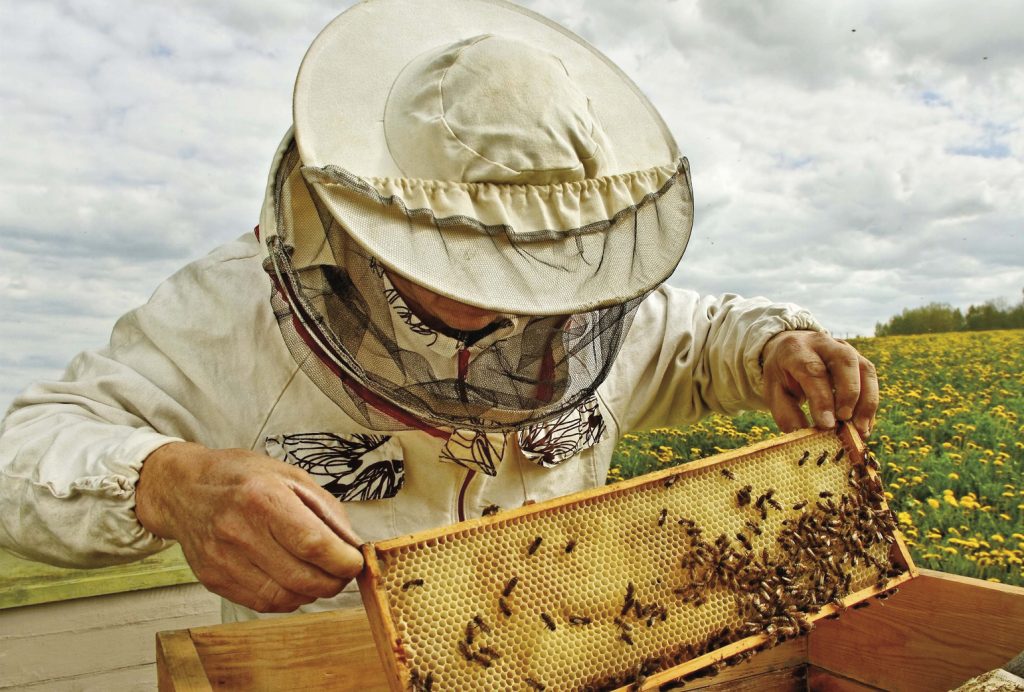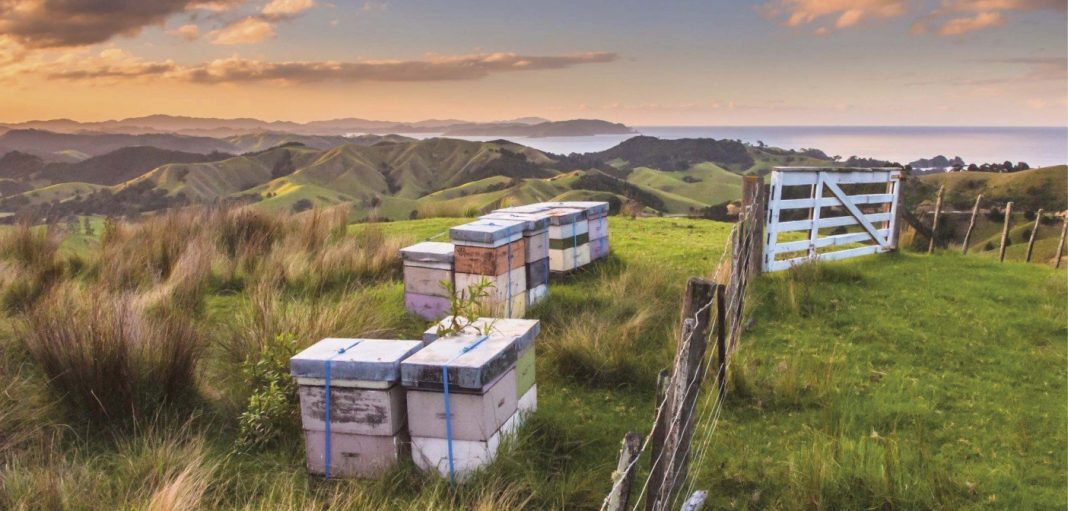Honey companies are concerned about a glut of product hitting the market.
Bay of Plenty beekeepers and honey producers are finding business tough as honey prices plunge to near record lows, with little sign of recovery.
The price fall comes amid a flood of bulk Chinese-produced honey hitting global markets, leaving New Zealand producers incapable of matching it and making a profit at prices now as low as $3.50 a kg.
Russell Berry, head of family-owned and Rotorua-based Arataki Honey, said he fully expected a number of beekeepers to be out of business in the coming year as a result of the price slide.
Berry’s operation is one of the largest in the Southern Hemisphere, overseeing 20,000 hives across much of the country and supplying 32 percent of the honey sold in New Zealand supermarkets.
Berry has spent more than 60 years involved in the industry.
“It is understood a big portion of the honey coming out of China is fake and the volumes have pushed the price down from $12.50 a kg to $3.50 a kg,” he said. “Beekeepers need about $7 a kg to break even.”

Propolis problems
Berry said New Zealand beekeepers also had a problem with Propolis, a resinous mix honey bees produce, which is typically used in wound healing and skin creams and is another important part of beekeepers’ income.
“… there is also a cheap imported source coming into the country and pulling the price down to the point we can’t sell ours anymore.”
Berry said the high prices several years ago and the attention focused on Manuka honey had encouraged significant numbers of new beekeeping ventures to start.
Today New Zealand has record high hive numbers, totalling 1.0 million, up from only 270,000 a decade ago and now has more hives than Australia.
“The banks have also been encouraging beekeeping ventures, lending money on hives which is something we had never seen before,” said Berry.
But as a result, the high number of hives meant the country was effectively overstocked with bees. He estimated New Zealand could afford to lose at least 25 percent of the hives and probably produce more honey.
“In a good season you will produce more honey with more hives, in an average year less, but in a poor year it will be significantly less.”
The industry has tended to blame poor weather for the past couple of season’s lower harvests, but Berry put it down to the higher beekeeper numbers.
“Some are going to have extreme difficulty in the coming year. The only thing saving many at the moment is the price of Manuka.”
Berry cautioned there were several processors around who had committed to very high value longer-term Manuka contracts, and they would find these too would be undermined by an easing of prices now being experienced.
Issues around Manuka standards were also meaning a portion was now being fed into the bulk honey market, further depressing prices.
Jane Lorimer, president of NZ Beekeeping, runs multiple hives from the Kaimais across the Waikato. She confirmed additional Manuka was not helping, and this was in part due to ambiguity over the Manuka standards.
“Much of it is Manuka that has not graded as Manuka according to the standards.”
She said beekeepers this year had to consider whether to even harvest and extracting honey.
“You can’t stop bees making honey, but you just don’t collect it. This comes as we are also starting to see good honey flows this season.”
Higher compliance costs were also impacting cash-strapped beekeepers, with risk management programmes now required twice a year, at close to twice the previous cost per completion.
Pollination options
Lorimer said many Bay of Plenty and Waikato beekeepers would at least have their income supplemented by supplying bees for kiwifruit pollination.
However, she predicted the sector was up for a significant correction with fallout likely to impact for at least the next two seasons.
John Rawcliffe, spokesman for the Manuka Honey Appellation Society, said the poor prices proved New Zealand simply could not compete on the global bulk honey market and needed to focus on mono-floral high value varieties.
In September the Manuka honey industry welcomed an injection of almost $6 million to help maintain provenance claims for the variety.
Over $5 million went to the Manuka Honey Appellation Society and the society has applied to Chinese authorities to protect the variety there, having already gained that protection in the United Kingdom.




